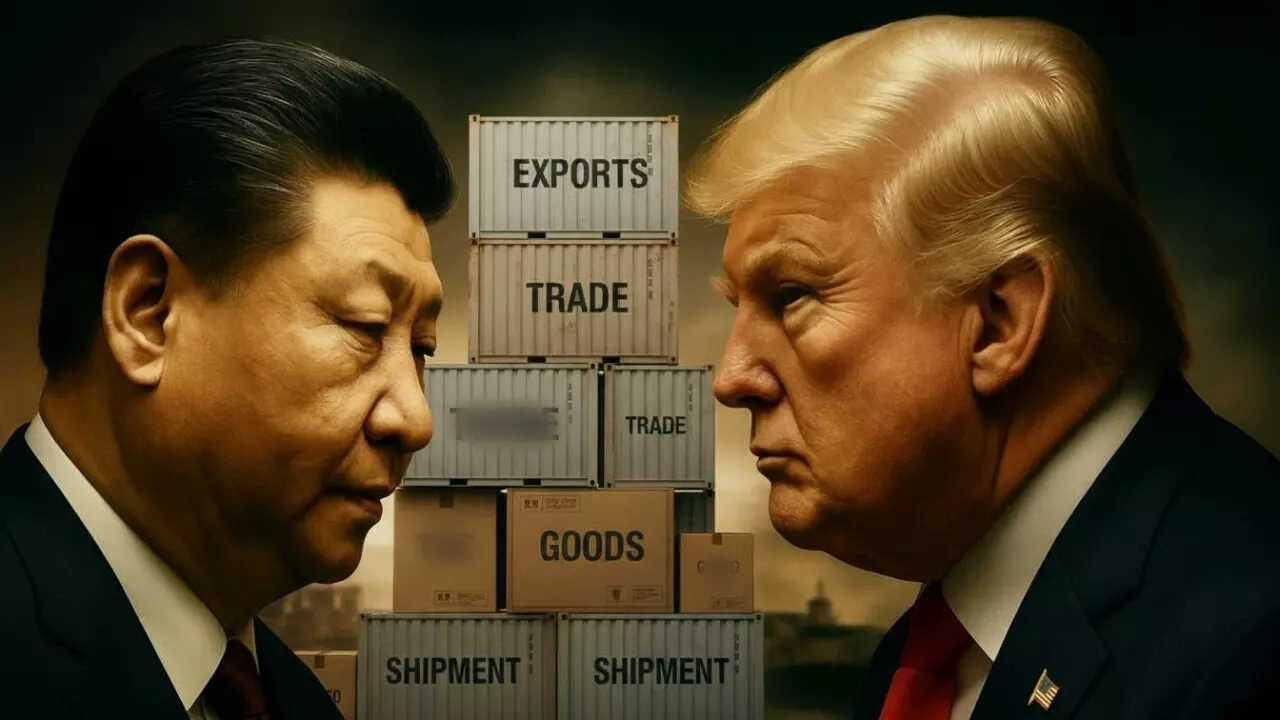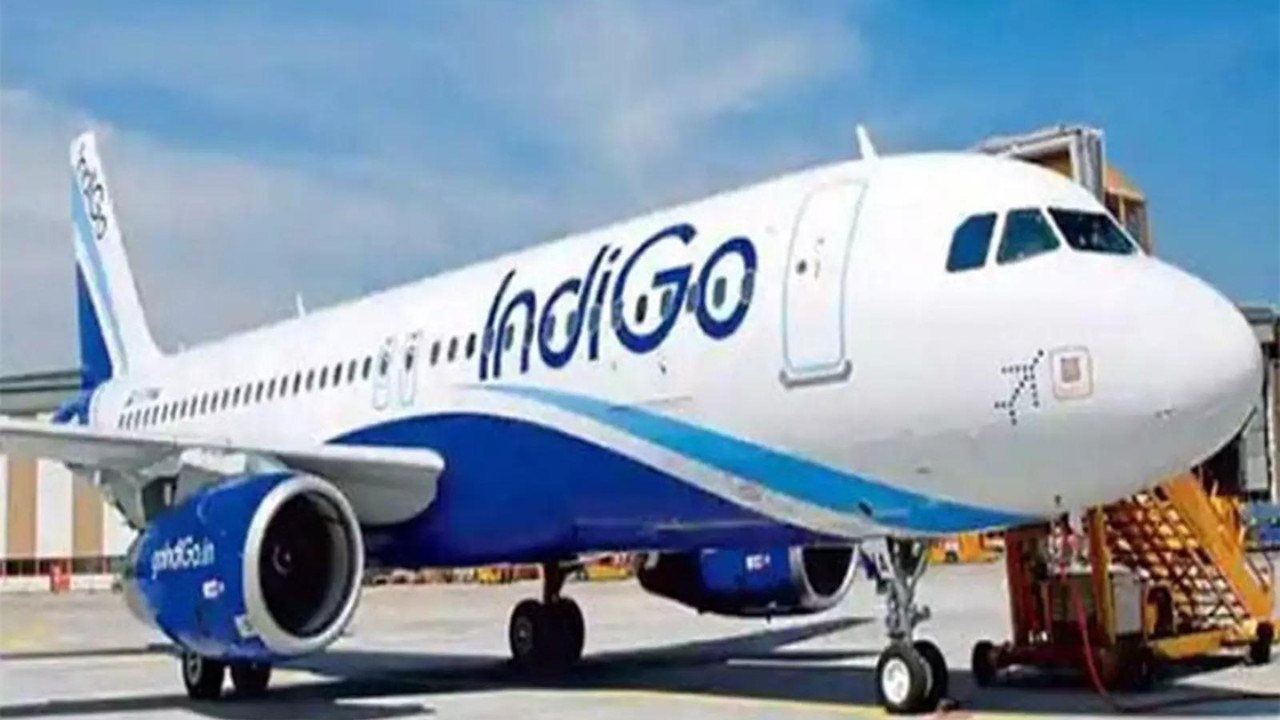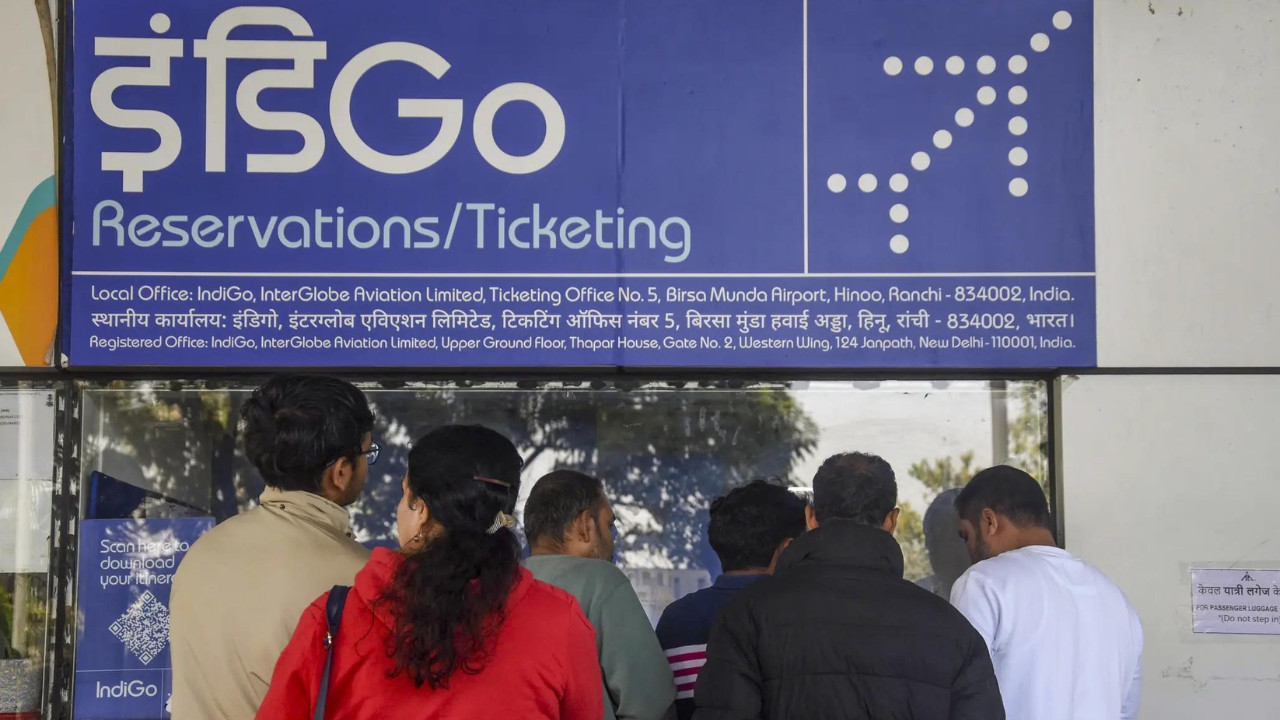Dassault Aviation partners with Reliance Aerostructure to manufacture Falcon 2000 jets in India. This marks Dassault’s first Falcon assembly outside France. The facility will be in Nagpur, Maharashtra.
From Fighter Jets to Luxury Rides: Reliance and Dassault Take Flight Together
Okay, let’s talk about something seriously sleek. Forget the mundane Monday morning news; we’re diving into a collaboration that blends defense prowess with luxury aviation, right here in India. Reliance Infrastructure’s arm, Reliance Defence, has partnered with none other than Dassault Aviation – the French aerospace giant famed for its Rafale fighter jets – to bring a touch of Falcon-class elegance to Indian skies. They’re planning to manufacture the Falcon 2000 business jet, and it’s a move that signals a significant shift in India’s manufacturing landscape.
Now, when you hear “Make in India,” what springs to mind? Perhaps images of factories churning out electronics, or textile mills humming with activity. But what about bespoke business jets, crafted on Indian soil? That’s a whole new level of ambition, isn’t it? This isn’t just about assembling components; it’s about building an ecosystem, fostering expertise, and truly taking ownership of sophisticated manufacturing processes.
Dassault Aviation isn’t just any company. They have a reputation etched in the annals of aviation history, famous for designing and producing some of the world’s most advanced and reliable aircraft. Bringing that kind of pedigree to India through this partnership is a game-changer. It’s a clear signal that India is serious about becoming a global manufacturing hub, not just for mass-produced goods, but for high-tech, high-value products.
This collaboration, on the surface, is about manufacturing the Falcon 2000. Think luxurious interiors, state-of-the-art avionics, and the kind of smooth, quiet ride that makes even the most grueling business trip feel like a spa day in the sky. These jets aren’t just transportation; they’re mobile offices, negotiation rooms, and a symbol of success all rolled into one beautifully engineered package.
But dig a little deeper, and you see the potential ripple effects extending far beyond the realm of luxury travel. Manufacturing these jets in India requires a complex supply chain, skilled engineers, and advanced technology. That means new jobs, upskilling opportunities for the existing workforce, and a boost for related industries. Think of the impact on material suppliers, avionics manufacturers, and interior design specialists. It’s a virtuous cycle of economic growth and innovation.
Moreover, consider the strategic implications. A partnership like this strengthens ties between India and France, two nations with increasingly aligned geopolitical interests. It fosters collaboration in defense and aerospace, sectors that are crucial for national security and economic prosperity. It’s not just about building jets; it’s about building trust and shared capabilities.
Of course, there are challenges to overcome. Manufacturing high-end aircraft is a complex undertaking. Ensuring quality control, adhering to stringent international safety standards, and managing a global supply chain require meticulous planning and execution. Reliance and Dassault will need to navigate these challenges carefully to make this venture a success.
The success of this venture also hinges on the broader economic climate. Demand for business jets is sensitive to economic fluctuations. A global recession could dampen demand and put pressure on profitability. However, the long-term outlook for the Indian economy remains positive, and a growing number of Indian businesses are looking to expand their operations globally. This could create a strong domestic market for Falcon 2000 jets manufactured in India.
Frankly, I find it exciting to see this kind of ambition being unleashed in the Indian manufacturing sector. It’s a sign that the “Make in India” initiative is not just a slogan; it’s a real force driving innovation and economic growth. It’s a testament to the talent and ingenuity of Indian engineers and entrepreneurs.
The Reliance-Dassault partnership is more than just a business deal; it’s a statement of intent. It’s a bold step towards making India a global leader in aerospace manufacturing. It’s a vision of an India that doesn’t just assemble products designed elsewhere, but designs, develops, and manufactures cutting-edge technology for the world. The journey ahead won’t be without turbulence, but the potential rewards are immense. Buckle up, folks, because the Indian aviation industry is about to take off.







